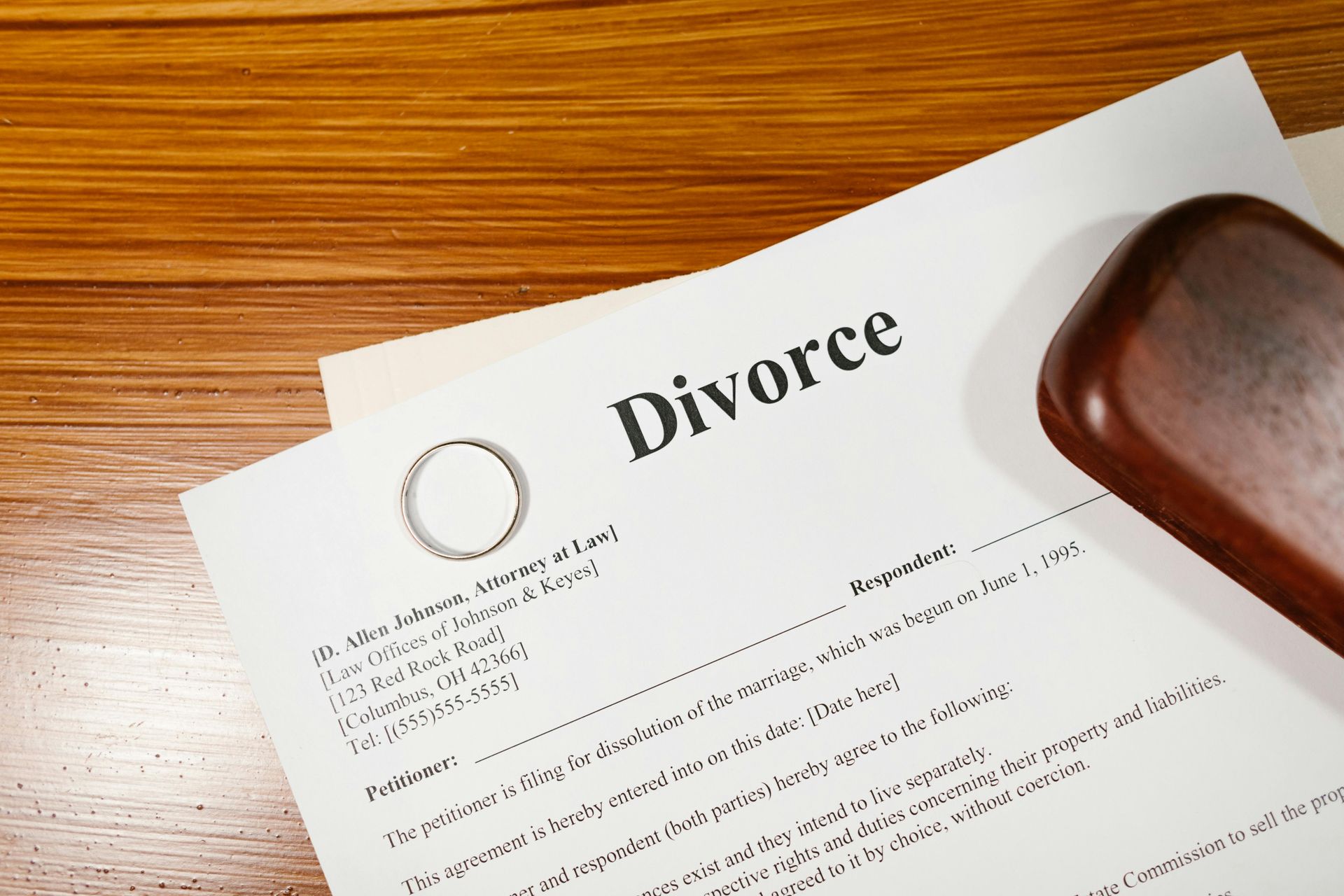Mediation vs. Litigation: Choosing the Right Path for Your Atlanta Divorce
Divorce is rarely an easy journey, and the path you choose to navigate it can profoundly impact the outcome for you and your family. In Atlanta, as in the rest of Georgia, divorcing couples have two primary options for resolving their disputes: mediation and litigation. Both methods have distinct advantages and disadvantages, and understanding them is the first step toward making an informed decision.
At Atlanta Divorce and Custody Law Firm, we understand the emotional and financial toll that divorce can take. Attorney Samantha A. Holloway, Esq., Founding and Managing Attorney, is one of Georgia's Most Experienced Black 5-Star Divorce and Family Lawyers. She and her team are dedicated to helping clients find the best resolution, whether through collaborative negotiation or vigorous courtroom advocacy.
The Case for Mediation: A Collaborative and Controlled Approach
Mediation is a form of Alternative Dispute Resolution (ADR) that offers a private, cooperative, and often less adversarial way to finalize a divorce. Instead of going to court, a neutral third party—the mediator—helps you and your spouse negotiate and reach a mutually acceptable agreement on all key issues.
The Benefits of Mediation
Mediation is an appealing option for many reasons, including:
- Cost-Effectiveness: Mediation is almost always more affordable than litigation. The process is typically shorter, involves fewer professional hours, and avoids the significant costs associated with a full-blown trial, such as court fees, discovery, and expert witness testimony.
- Speed and Efficiency: While a litigated divorce can drag on for months or even years, a mediated divorce can often be completed in a few weeks or months. This is especially true for an uncontested divorce, where the spouses already agree on most issues.
- Confidentiality and Privacy: Unlike court proceedings, which are part of the public record, mediation sessions are confidential. This allows you to discuss sensitive financial and personal matters without public scrutiny.
- Control Over the Outcome: In mediation, you and your spouse maintain control over the final decisions. You have the power to craft creative, personalized solutions that a judge, bound by Georgia law and standard procedures, might not be able to order.
- Reduced Conflict: Mediation is designed to foster communication and compromise. This less hostile environment can be crucial for couples who need to co-parent effectively after the divorce, as it helps preserve a respectful working relationship.
- Flexibility: The mediation process can be tailored to your specific needs. Sessions can be scheduled at your convenience, and the discussions can address a wide range of issues, from child custody and support to asset division and spousal maintenance.
Mediation is often most successful when both parties are willing to cooperate, communicate respectfully, and are not dealing with issues like domestic violence, substance abuse, or a significant power imbalance. In Georgia, mediation is so effective that many counties require divorcing couples to attempt it before they can proceed to a trial.
The Case for Litigation: A Formal and Assertive Path
Litigation is the traditional courtroom process where a judge, or sometimes a jury, makes the final, binding decisions on all disputed issues. This path is often necessary when spouses are unable to reach an agreement through negotiation or mediation, or when one party is unwilling to participate in good faith.
When Litigation Becomes Necessary
While mediation is often the preferred starting point, litigation is sometimes the only viable option. Here are common scenarios where litigation is the right choice:
- High-Conflict Situations: When communication has completely broken down, and there is a high degree of animosity, mediation may be impossible. In these cases, a court's formal structure and legal authority are needed to resolve the disputes.
- Domestic Violence or Abuse: If there is a history of domestic violence, abuse, or a significant power imbalance, mediation is inappropriate and potentially unsafe. Litigation provides the necessary legal protections and a formal forum for a judge to make decisions that ensure the safety of the abused party and any children involved.
- Hiding Assets or Dishonesty: If one spouse is suspected of hiding assets, income, or other financial information, litigation is essential. The formal discovery process allows your attorney to subpoena documents and compel the other party to provide information under oath, ensuring a fair and equitable division of assets.
- Complex Legal or Financial Issues: In cases involving high-net-worth individuals, complex business valuations, or international custody disputes, litigation provides the structured, evidence-based process needed to resolve intricate matters that a mediator may not be equipped to handle.
- Unwillingness to Negotiate: When one spouse refuses to negotiate or act in good faith, litigation provides the legal recourse to move the process forward and prevent the other party from stalling the divorce indefinitely.
While litigation can be more costly, time-consuming, and emotionally draining, it provides a clear, enforceable resolution when a cooperative approach is not possible.
Making the Right Choice for Your Divorce
Choosing between mediation and litigation is a deeply personal decision that should not be made lightly. The best path for you depends on your specific circumstances, your relationship with your spouse, and your goals for the future.
Here's a simple guide to help you weigh your options:
- Consider Your Relationship: If you and your spouse can still communicate respectfully, mediation is a great option. If the relationship is highly contentious, or if one party is abusive or dishonest, litigation may be the only way to protect your interests.
- Assess Your Financial Situation: Mediation is significantly less expensive. If budget is a major concern, and you believe an agreement is possible, start with mediation. If you suspect your spouse is hiding assets, the formal discovery of litigation may be worth the extra cost.
- Think About the Outcome: Do you want to have a hand in crafting a unique, customized agreement, or are you comfortable with a judge making the decisions? Mediation gives you control; litigation gives it to the court.
- Prioritize Your Children: Mediation is often a less traumatic experience for children, as it reduces conflict and models cooperative problem-solving. A litigated divorce can be highly adversarial, and the emotional stress can impact a child's well-being.
It is important to remember that these two paths are not mutually exclusive. Many couples start with mediation and, if it fails to resolve all issues, transition to litigation for the remaining points of contention.
Conclusion: The Importance of Expert Legal Guidance
Whether you choose mediation or litigation, having an experienced attorney by your side is essential. While a mediator is a neutral facilitator who cannot give you legal advice, your attorney is your advocate, ensuring your rights are protected and you make informed decisions.
Attorney Samantha A. Holloway, Esq., and the Atlanta Divorce and Custody Law Firm team can help you evaluate your situation and choose the right path for your family. We are committed to providing you with the strategic legal counsel you need, whether you are seeking a peaceful resolution through mediation or require assertive representation in the courtroom.
The decision you make today will shape your future.
Contact us for a consultation to discuss your divorce and find a path that is right for you.
Disclaimer: This blog post is intended for informational purposes only and does not constitute legal advice or create an attorney-client relationship. 1 Family laws in Georgia, particularly those concerning legitimation, paternity, custody, and child support, are complex and fact-specific. You should consult with a qualified Georgia family law attorney regarding your particular situation. Contact The Atlanta Divorce and Custody Law Firm for personalized legal counsel.












